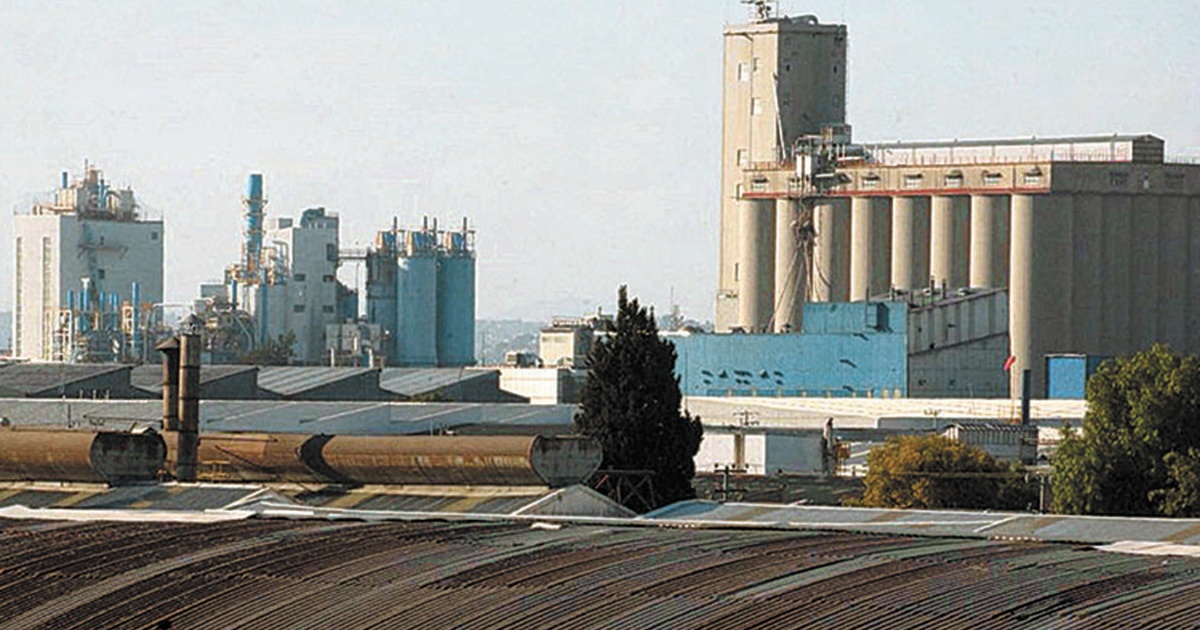Just a few weeks ago, the forecasts for the economy and the labor market in Mexico were between conservative and bleak. The sign to the contrary was placed by The Economist for the world in December. The Mexican economy, far from being among the worst, was among the unlikely winners of 2022 (The 2022’s Unlikely Winners). Furthermore, among the OECD countries, Mexico ranked sixth for its performance measured in terms of GDP behavior, inflation, its extension, evolution of the stock market, and government debt. Mexico was surpassed only by Greece, Portugal, Ireland, Israel and Spain. It ranked above the seven largest economies, from the United States to Germany, Japan, Great Britain, Italy, Canada and France. Taking the economic growth variable, only three of 34 OECD countries grew more than Mexico in the last quarter of the year.
In a convulsed world, prostrated by uncertainties, and on the verge of a recession, the evolution of Mexico became remarkable. The key to the dynamism of the national economy is called the relocation of global supply chains and the new term that will come to govern the strategies in the investment portfolios of transnational corporations. We refer to “nearshoring”, which means regrouping the chains, returning home, proximity to markets, better from one’s own borders, just in case instead of just in time. These are the results of the new post-pandemic normality, which has not yet arrived. That is not normalized, nor is it post. It is also the result of other unfortunate events, such as the China-United States trade war, the Russian invasion of Ukraine, the inflation caused, and the microchip supply crisis generated by the sum of the above events. But none of them count as nearshoring, which—in terms of investment movements and behavior of strategies and business models—represents all of them.
The relevant issue to understand from and for America is that when corporations think and decide in terms of nearshoring, they think of Mexico. They think of course in the United States market. But because that market continues to be the great prize to be conquered, the vast border with the United States, the logistics and commercial exchange experience built up in decades, and the framework of access rules provided by the T-MEC, make Mexico a privileged territory. where you need to be. As if that were not enough, Mexico’s labor costs, with a technically competent workforce, give it a unique appeal.
The revival of investments via nearshoring, the expansion of productive capacities and exports in manufacturing industries were at the center of the progress that the Mexican economy experienced in 2022. The automotive industry (IAM) reflected the fact better than any other sector. In a concert of movements and investment announcements from Asian, European and North American corporations, the IAM grew 9.2% –for a production of 3.3 million light cars pulled by 6% increases in exports (although still lower figures in 13 and 15%, respectively, to record-pre-pandemic levels).
Hence, we are about to learn that nearshoring will shake the foundations of business, global chains and the strategies of industrial corporations. It is a planetary movement, but its greatest force will be felt in North America. The reason is that its corporations in the last decades dedicated themselves to placing investments all over the world, while emptying those at home and losing markets on their own borders. Now that time is up your options have narrowed. Either they regain leadership in the strategic industries of the industrial and energy transition, or they will end up being overtaken and expelled from their own markets by their counterparts in Asia (dixit China) and Europe.
In this sense, the North American Summit held these days produced a result that is not less plausible because it is predictable. The three presidents agreed to form a committee of specialists dedicated to planning the strengthening of regional trade and import substitution. Here is the new normal – post-truth, metaverse and the like – of current times. North America is preparing to reissue a policy of backward and emerging countries of the last century to solve the challenges of the present and bet on the future. This is the (new) import substitution industrialization (Neo-ISI).
It will be another of the nearshoring products. If a Neo-ISI is coined hand in hand with a vast innovation program for the multiple energy, industrial and labor transition of our time, we will be facing a virtuous circle of great proportions. So much so that it could set the tone for a competitive and integrated region and hemisphere, with qualified and self-sufficient companies and jobs. For now, the recessive environment of 2023 will test the potential of statements, actions and real intentions surrounding the previous thing.
empresas@eleconomista.mx
hartford car insurance shop car insurance best car insurance quotes best online car insurance get auto insurance quotes auto insurance quotes most affordable car insurance car insurance providers car insurance best deals best insurance quotes get car insurance online best comprehensive car insurance best cheap auto insurance auto policy switching car insurance car insurance quotes auto insurance best affordable car insurance online auto insurance quotes az auto insurance commercial auto insurance instant car insurance buy car insurance online best auto insurance companies best car insurance policy best auto insurance vehicle insurance quotes aaa insurance quote auto and home insurance quotes car insurance search best and cheapest car insurance best price car insurance best vehicle insurance aaa car insurance quote find cheap car insurance new car insurance quote auto insurance companies get car insurance quotes best cheap car insurance car insurance policy online new car insurance policy get car insurance car insurance company best cheap insurance car insurance online quote car insurance finder comprehensive insurance quote car insurance quotes near me get insurance









